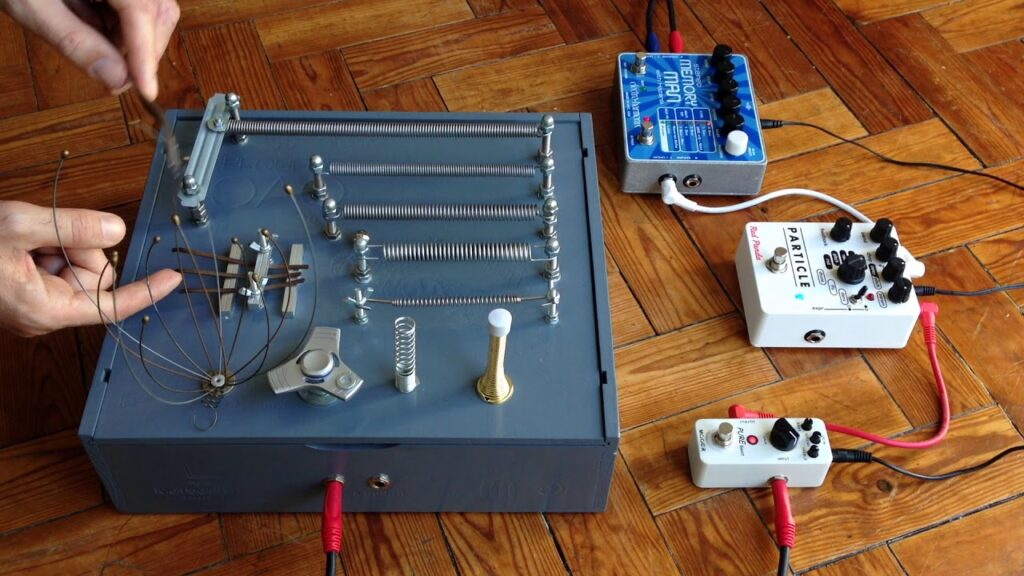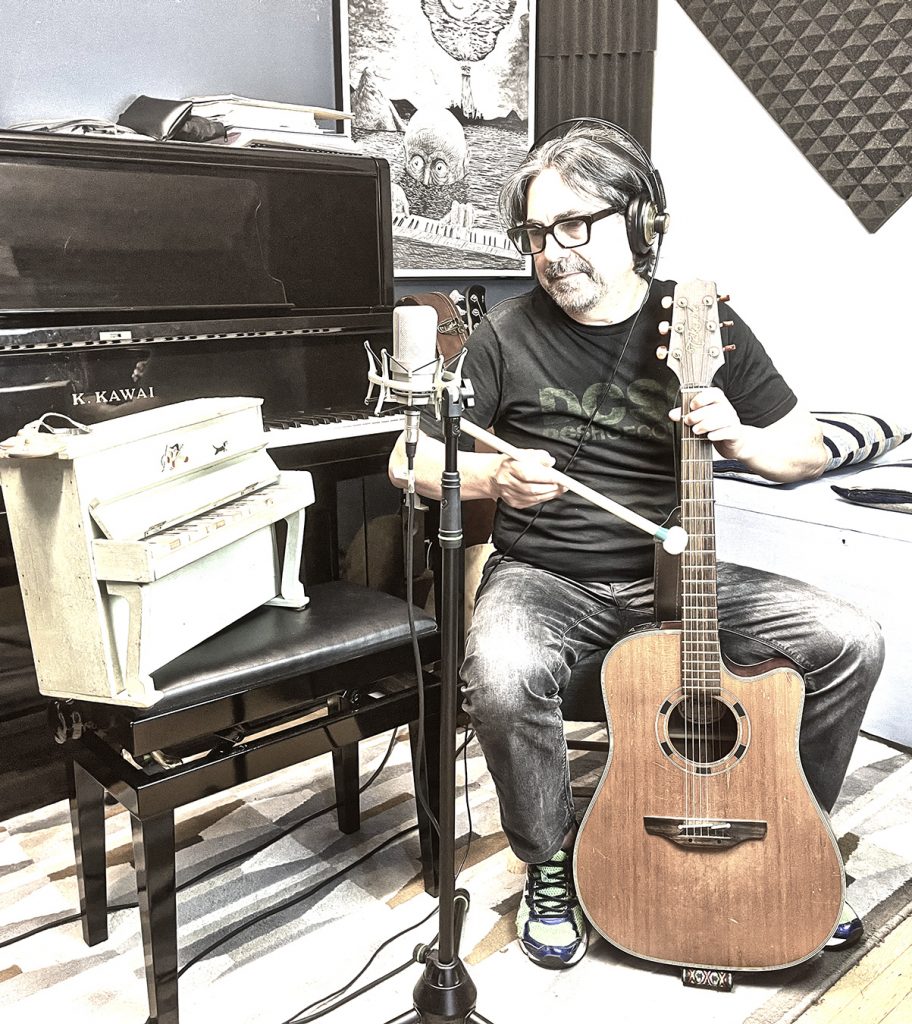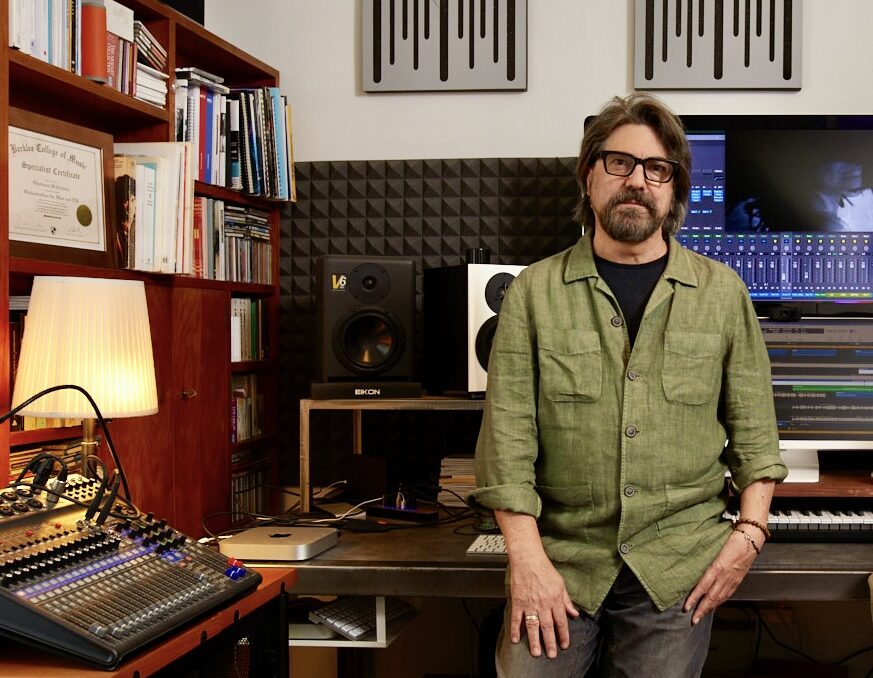
The dramatic genre, with all its variations, has always fascinated spectators for its ability to explore the deepest nuances of human emotions.
Composing soundtracks for this genre requires knowledge of some key production factors where the composer can act:
Emotions on stage: Dramatic scenes are often characterized by emotional tension and intense conflict. The looks, gestures and expressions of the characters play a crucial role in conveying the weight of the situations. The use of close-ups allows the audience to perceive every nuance of emotion on the actors’ faces, creating a deeper emotional involvement.
Engaging Editing: Editing in the drama genre is often slow and thoughtful. Directors use strategic pauses and silences to emphasize the emotions of the characters. Furthermore, editing can be used to create flashbacks or non-linear sequences, helping to develop the plot and progressively reveal the secrets of the characters.
Play of Lights and Shadows: The lights in the drama are used in a targeted way to create suggestive atmospheres. The use of shadows can heighten drama and emphasize emotions. Soft lighting and strong contrasts help shape the atmosphere and underline the key elements of the story.
In-Depth Dialogue: Dialogue in the drama genre is full of meaning and depth. Writers work to create conversations that reflect the nuances of relationships and conflicts. Often, it is the unspoken words that speak the loudest, creating tension and intimacy between characters.
Music with high emotional intensity: In the contemporary context, the soundtrack of a dramatic film takes on an even more crucial role thanks to new trends in sound design. Let’s examine the innovations and advantages that characterize this evolution.
Music Shorts
Sound immersion.
Today’s audio technology allows for greater precision and definition in sound reproduction. The soundtrack tracks blend with the plot, enveloping viewers in a fully immersive audio experience. The use of techniques such as 3D audio and spatial audio create a sound environment that amplifies the emotional effect of dramatic scenes, even in environments and with diffusion methods that are not exclusively Atmos.
Synthesis and innovative tools.
For composers who also love research, there are increasingly innovative tools and technologies on the market, which allow them to explore new creative territories. From the use of advanced synthesizers to virtual instruments, as well as sound synthesis methodologies, the range of sounds available has expanded considerably. This allows you to create unique atmospheres and introduce unexpected sound elements that enrich the visual narrative.



Fusion of musical genres
New trends embrace the fusion of musical genres. A drama film soundtrack might incorporate elements of electronic, indie, or even hip-hop music, creating an eclectic sound experience that fits different facets of the plot. On the contrary, even a minimalist intervention, perhaps created with a single analogue instrument then treated in a unique and original way, can have a great impact and contribute to giving a strong personality to the film itself. A soundtrack curated with the new trends in sound design, amplifies the emotions transmitted by the dramatic scenes, involving viewers in a deeper way.
Different approaches of great composers

Even if only a small part, this is a short list of composers who have tried their hand at the dramatic theme:
Ennio Morricone:
“The Mission” (1986), “Once Upon a Time in the West” (1968).
Characteristics: Morricone is known for his stirring melodies and distinctive use of instruments such as the harmonica, flute and organ. His compositions often create an epic and melancholy atmosphere. Furthermore, the Maestro inserts common sounds (the whistle) and transforms them into music, by virtue of his experience also in concrete music.
Hans Zimmer:
“Gladiator” (2000), “Inception” (2010).
Features: Zimmer is known for his powerful, immersive scores. The use of synthesizers, massive backing vocals and punchy percussion help create a significant emotional impact.
Thomas Newman:
“American Beauty” (1999), “Road to Perdition” (2002).
Characteristics: Newman often incorporates unusual instruments and innovative sounds into his compositions. His music is underlined by subtle tones and arrangements that emphasize emotional tension.
Max Richter:
“The Leftovers” (TV Series), “Arrival” (2016).
Features: Richter is known for his minimalist and atmospheric compositions. His scores often create a sense of intimacy and contemplation, helping to emphasize the emotions of the characters.
Jon Brion
“Eternal Sunshine of the Spotless Mind” (2004) –
Features: Jon Brion creates a dreamy, immersive score for “Eternal Sunshine of the Spotless Mind.” His indie-pop tracks fit perfectly with the surreal and romantic tone of the film. Music becomes an integral part of the emotional experience, amplifying the nuances of the complicated relationship between the protagonists.
John Williams
“Schindler’s List” (1993)
Features: Williams’ score for this drama is touching and melancholic. The use of the solo violin, in particular, adds a profound emotionality.
Clint Mansell
“Requiem for a Dream” (2000) –
Features: Mansell created a powerful and haunting score for this film. His collaboration with the Kronos Quartet produced a score that highlights the descent into tragedy.
Trent Reznor and Atticus Ross
The Social Network” (2010)
Features: Trent Reznor and Atticus Ross create an innovative and contemporary electronic soundtrack for “The Social Network.” The tracks reflect the frenzy of the technological world and complex interpersonal relationships. The music helps set the pace of the film, bringing the modern drama to life.
:Philip Glass
“The Hours” (2002)
Features: Philip Glass’ score for “The Hours” is a stunning creation of contemporary minimalism. The circular repetitions of Glass’ compositions highlight the theme of time and introspection, creating a perfect emotional accompaniment for the interconnected story of three women in different eras.
Johnny Greenwood
“There Will Be Blood” (2007)
Features: Radiohead guitarist Jonny Greenwood delivers an avant-garde and haunting score for “There Will Be Blood.” His dissonant and experimental compositions emphasize the growth of greed and darkness in the protagonist. The music becomes a claustrophobic element that blends perfectly with the story of ambition and ruin.
But these are just a few of hundreds of examples and different ways of musically approaching the theme of Drama, a genre to which I feel artistically very similar and which I love to set to music.
If it would be of interest to you to talk to me about your film project regarding music, write to me for a meeting/call at: joe@joeschievano.com
Joe Schievano
